Information at the Conference, Director of the Department of Economic Cooperation and Rural Development (Ministry of Agriculture and Environment) Le Duc Thinh said that the whole country has now formed more than 3,500 agricultural value chain linkage models, with more than 300,000 farming households participating through nearly 2,000 cooperatives and agricultural cooperative groups.
The total value of investment capital mobilized from parties in the linkage models is estimated at over 20,000 billion VND, of which the proportion of counterpart capital from enterprises accounts for 50 - 60%, clearly demonstrating the trend of sharing risks and benefits in modern agricultural production.
About 70% of the linkage models involve cooperatives as the focal point for organizing production, signing contracts, monitoring quality and coordinating product consumption. The linkage models have also been deployed in most of Vietnam's key production sectors.
Decree No. 98 also contributes to the formation of a new “culture of cooperation” in Vietnamese agriculture. Thanks to the support mechanism from the Decree, many cooperatives have been invested in infrastructure, warehouses, dryers, traceability systems and have been trained to improve management capacity.
Along with that, many localities have formed large raw material areas, linking production with traceability, granting growing area codes, creating conditions for agricultural products to participate in official export markets... - Mr. Le Duc Thinh emphasized.
Speaking at the conference, Deputy Minister of Agriculture and Environment Vo Van Hung emphasized that value chain linkage is the institutional key to modern agriculture, climate change adaptation and national competitiveness enhancement. This is not only a directive, but also a strategic orientation for the future of Vietnam’s agricultural sector.
To overcome some limitations in the implementation of Decree No. 98, the leaders of the Ministry of Agriculture and Environment suggested 4 strategic directions. That is, strongly reforming procedures and support mechanisms, creating a transparent and favorable environment, focusing on value chain efficiency. In addition, developing digital value chains and green value chains, promoting traceability, digital governance, reducing emissions and carbon credits.
Source: https://baophapluat.vn/thuc-day-chuoi-gia-tri-xanh-tang-suc-canh-tranh-cho-nong-san.html





![[Photo] Prime Minister Pham Minh Chinh receives Lao Minister of Labor and Welfare Phosay Sayasone](https://vphoto.vietnam.vn/thumb/1200x675/vietnam/resource/IMAGE/2025/11/11/1762872028311_dsc-2246-jpg.webp)


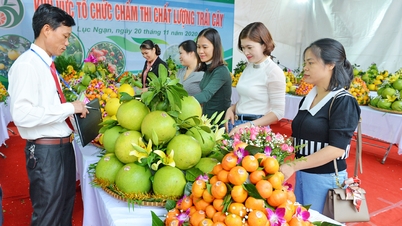





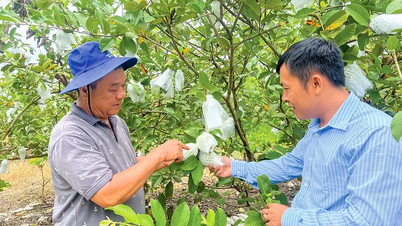

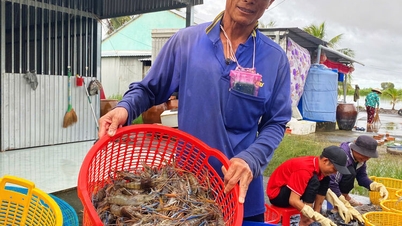

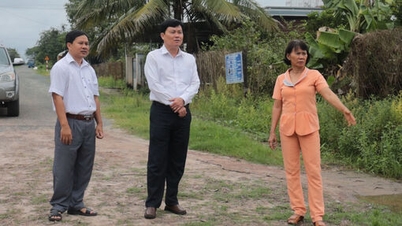















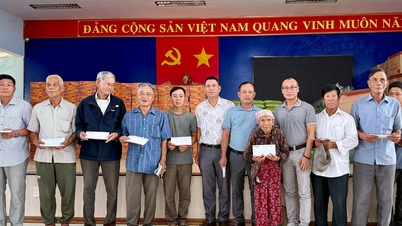
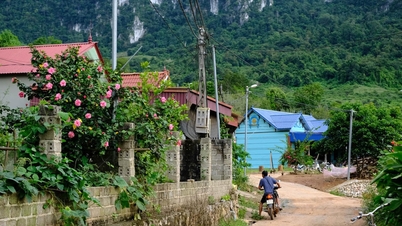
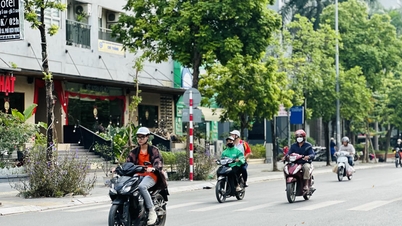
























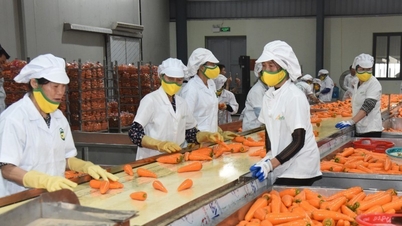

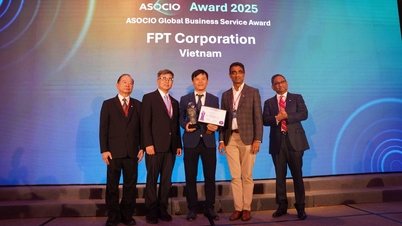













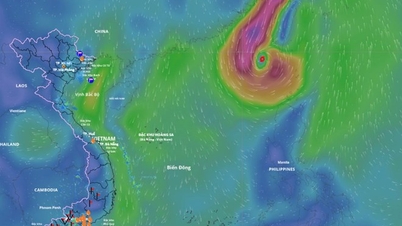








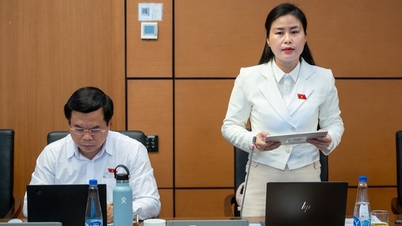
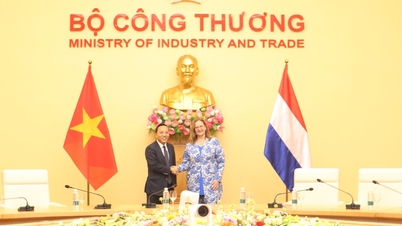


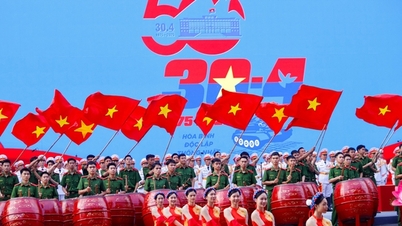
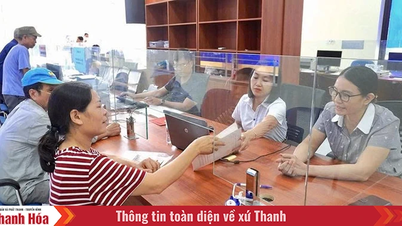
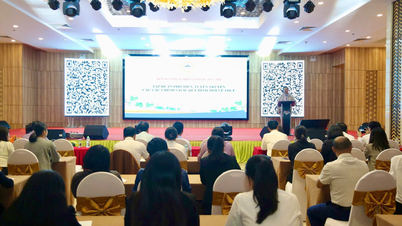

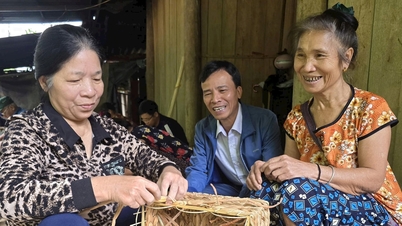


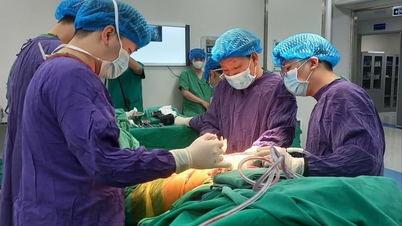

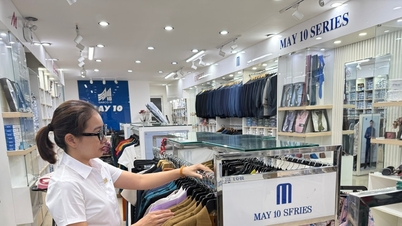





![Dong Nai OCOP transition: [Article 3] Linking tourism with OCOP product consumption](https://vphoto.vietnam.vn/thumb/402x226/vietnam/resource/IMAGE/2025/11/10/1762739199309_1324-2740-7_n-162543_981.jpeg)








Comment (0)